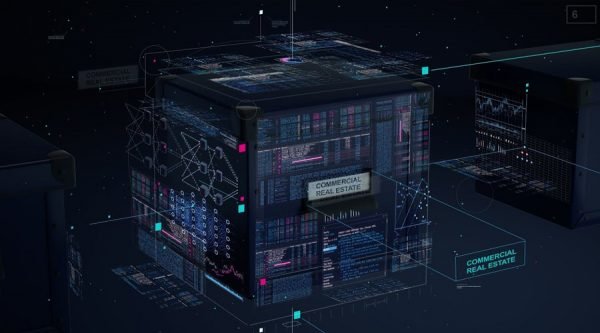Who knows what secrets await in the hearts of plants? Brightseed has found a couple of them, anyway, using an AI-based analysis method and will be bringing its first products to market soon with the help of a $68 million B round.
Brightseed’s thesis is simply that there are almost certainly some very helpful and healthy substances waiting in plants, which have yet to be either discovered or popularized. As many of our medicines and vitamins are plant-derived, it’s hardly a controversial idea — but how can you sort through the countless compounds that plants make and are made up of?
The company’s answer is Forager, a machine learning platform that identifies and categorizes plant compounds at a very fast clip; they’ve already mapped two million, considerably more than are characterized in scientific literature.
Of course they’re not all winners, but the system helps pick out ones that are more likely to be beneficially bioactive, either unstudied or analogous to existing compounds.
This process has historically been done in labs, where you painstakingly test thousands of substances to see if there’s any effect, something that takes years and is horribly wasteful. But as we’re seeing elsewhere in the drug discovery space, AI can cut through the noise and eliminate the vast majority of these substances, surfacing the best of the best. Brightseed claims it was about a hundred times faster, and much cheaper, than standard screening processes.
For example: Brightseed’s processes have identified a pair of compounds, sourced from cast-off hempseed hulls and black pepper, called N-trans-caffeoyltyramine (NCT) and N-trans-feruloyltyramine (NFT, unfortunately) that “showed a remarkable ability to clear fat from the livers of mice and in human cells.” And these are on their way to being bottled as we speak.
Don’t worry, it’s not just some “all natural herbal weight loss” pill in the making. No one is trying to lose a few pounds specifically from their liver. Though the substance expects a “generally recognized as safe” rating from the FDA, it’s a long way from being prescribed for acute conditions.
That said, there is a huge demand for supplements with potentially large benefits and no known issues. Who reading this doesn’t have a couple bottles of this or that for joint health or better sleep? There is evidence backing these up, just as there is for NCT and NFT, which are in human clinical trials after some basic initial mouse models and human safety testing.
“A growing body of scientific research highlights the central role that natural dietary bioactives play in reducing the risk of many chronic diseases and health conditions, and longevity,” co-founder and CEO Jim Flatt told TechCrunch. “The application of AI to large biology data sets is enabling a new golden era of discovery that can solve our most pressing needs in healthcare, and that is where Brightseed is focused today.”
The AI side of things is going to be expanding to cover more areas of health needs and sets of substances, eventually looking at fungi and bacteria as well as plants. “Dozens are in various stages of validation,” Flatt said.
More immediately, though, and powered by the $68 million, “we are expanding our data business and launching our novel bioactive ingredients business, based on our clinically studied natural bioactives.”
In other words, commercialization; the company cited Danone, Ocean Spray and Pharmavite as existing partners, though not necessarily just for NCT and NFT products. It isn’t just signing over the rights, either; it’ll be producing the substances itself at a facility in Raleigh, where it plans to hire up and then scale up.
“Forager sees deeper into plants and nature than we’ve ever been able to see before,” said Flatt. “That vision, paired with insight and validation, is unlocking new opportunities for companies across the health continuum, and ultimately a future where health solutions are both natural and scientifically validated.”
The latest round added Temasek as lead investor, with participation from previous investors Lewis & Clark AgriFood, Seed 2 Growth (now S2G) Ventures, CGC Ventures, Germin8 and AgFunder.
Source: techcrunch.com









